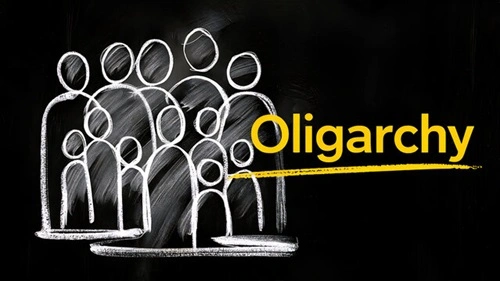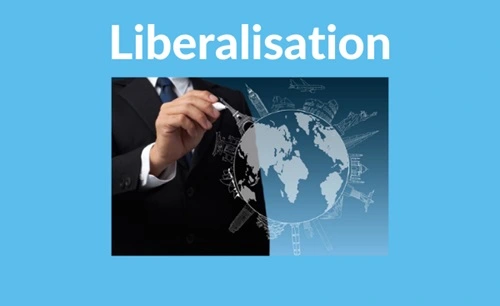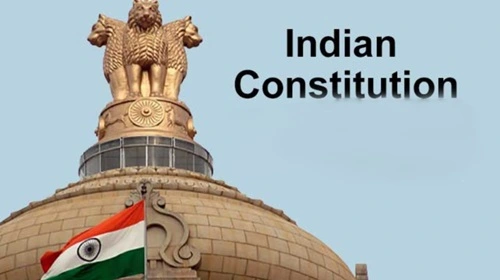Oligarchy is a system of governance where a small group of people, often distinguished by wealth, family ties, corporate influence, or political power, holds control over a country or organization. The term originates from the Greek words oligos (few) and arkhein (to rule), indicating rule by the few. While oligarchy can be an efficient and stable form of governance in certain contexts, it also raises concerns about inequality, corruption, and lack of representation.
This article explores the pros and cons of oligarchy, providing a balanced view of its advantages and disadvantages in political, economic, and societal contexts.
What is Oligarchy?

An oligarchy is characterized by concentrated power in the hands of a small, elite group. This group could consist of wealthy individuals, influential corporations, military leaders, or a specific political party. Unlike democracy, where power is spread among the populace, or monarchy, where power is vested in a single ruler, oligarchy limits decision-making to a select few.
Oligarchies can take different forms, including:
- Aristocratic Oligarchy: Power is held by a privileged class, often based on hereditary titles.
- Plutocratic Oligarchy: Dominated by the wealthy.
- Corporate Oligarchy: Influenced by large corporations or business leaders.
- Military Oligarchy: Controlled by military officials or leaders.
The Pros of Oligarchy
1. Efficient Decision-Making
Oligarchies can streamline decision-making processes since power is concentrated in a small group. Fewer decision-makers mean quicker consensus and implementation of policies, which can be advantageous during emergencies or crises.
2. Stability and Continuity
Oligarchies often provide stable governance, as the ruling elite typically have long-term interests in maintaining order and protecting their wealth or power. This stability can foster economic growth and societal development.
3. Expert Leadership
In an oligarchy, leaders are often chosen for their expertise, wealth, or influence. This can result in policies being crafted and executed by individuals with specialized knowledge and skills, potentially leading to more effective governance.
4. Focus on Long-Term Goals
Since oligarchs are usually insulated from frequent public pressure or elections, they may focus on long-term objectives rather than short-term populist measures. This can result in strategic investments in infrastructure, education, or technology.
5. Reduced Bureaucracy
With fewer people involved in governance, oligarchies often have less bureaucratic red tape. This can make administrative processes more efficient and responsive to challenges.
6. Protection of Elite Interests
For those within the ruling elite, an oligarchy provides security for their economic and political interests. This can create an environment conducive to investments and innovation.
7. Strong Leadership During Crises
Oligarchies can respond decisively in times of crisis, such as wars or natural disasters. The concentration of power allows for swift action without the delays associated with democratic deliberation.
8. Economic Growth in Certain Contexts
By prioritizing policies that benefit businesses and the economy, oligarchies can stimulate economic growth. Wealthy oligarchs often invest in industries and infrastructure, creating jobs and economic opportunities.
9. Preservation of Traditional Values
In some cases, oligarchies help preserve cultural, historical, or societal values by maintaining continuity and avoiding abrupt changes driven by populist movements.
10. Clear Leadership Hierarchy
With a well-defined power structure, oligarchies often have clear chains of command, reducing confusion and conflict over who holds decision-making authority.
The Cons of Oligarchy
1. Inequality
Oligarchies inherently concentrate power and wealth in the hands of a few, often leading to significant economic and social inequality. This disparity can create resentment and unrest among the general population.
2. Lack of Representation
In an oligarchy, the majority of the population has little to no say in governance. Policies are typically crafted to benefit the ruling elite rather than addressing the needs of the broader society.
3. Corruption
With power concentrated in a small group, oligarchies are more susceptible to corruption and abuse of power. Leaders may prioritize personal or corporate interests over the public good, leading to nepotism, cronyism, and mismanagement.
4. Suppression of Dissent
Oligarchies often maintain control by suppressing dissent and limiting political freedoms. This can result in censorship, restricted civil liberties, and a lack of accountability for the ruling elite.
5. Stagnation
Oligarchies may resist change to protect the status quo, leading to stagnation in political, economic, or social progress. This resistance can stifle innovation and adaptation to new challenges.
6. Disconnection from the Population
The ruling elite in an oligarchy may become disconnected from the needs and concerns of the general population. This lack of empathy and understanding can lead to policies that exacerbate inequality and discontent.
7. Risk of Revolts and Instability
Over time, frustration with the inequities and lack of representation in an oligarchy can lead to social unrest, protests, or even revolts. Such instability undermines the very structure of the oligarchic system.
8. Economic Exploitation
Oligarchies often prioritize the interests of the wealthy, leading to economic policies that exploit the working class or natural resources. This can widen the wealth gap and harm the long-term sustainability of the economy.
9. Limited Innovation in Governance
The concentration of power in a few hands can stifle diverse perspectives and ideas. Without input from a broader base of society, oligarchies may fail to address complex or evolving issues effectively.
10. Vulnerability to External Manipulation
In some cases, foreign powers or external entities may exploit the concentrated power of an oligarchy, influencing decisions to align with their interests rather than those of the nation.
Modern Examples of Oligarchy
Oligarchies exist in various forms around the world, including:
- Russia: Often described as a corporate or plutocratic oligarchy, where a small group of wealthy individuals, often with ties to the government, wields significant influence.
- United States: Some critics argue that the U.S. exhibits traits of a corporate oligarchy, with major corporations and wealthy individuals heavily influencing politics through lobbying and campaign funding.
- Saudi Arabia: A royal family holds substantial control over the country’s political and economic affairs, blending elements of oligarchy and monarchy.
Who Benefits from Oligarchy?
- The Wealthy and Powerful: Oligarchies are designed to protect and enhance the interests of the ruling elite.
- Businesses and Corporations: Policies often favor economic growth and corporate success, benefitting private enterprises.
- Allies of the Elite: Those connected to the ruling group through familial, social, or economic ties often enjoy privileges and opportunities.
However, the majority of the population often feels excluded, which can lead to resentment and dissatisfaction.
Balancing Oligarchic Tendencies
While oligarchy has its advantages in efficiency and stability, unchecked concentration of power can lead to significant problems. To mitigate these risks, some governments adopt measures such as:
- Transparency and Accountability: Enforcing laws that require the elite to act in the public interest.
- Wealth Redistribution: Implementing policies to reduce inequality, such as progressive taxation or social programs.
- Public Participation: Encouraging democratic practices alongside oligarchic structures to ensure broader representation.
Conclusion
Oligarchy is a double-edged sword. On one hand, it offers efficiency, stability, and expert governance, particularly in times of crisis. On the other, it often leads to inequality, lack of representation, and social unrest. The pros and cons of oligarchy depend largely on the context in which it operates and the values of the society it governs.
For nations or organizations grappling with oligarchic tendencies, finding a balance between centralized power and inclusive representation is crucial. While oligarchy may have its place in certain scenarios, long-term success often requires addressing the needs and voices of the broader population to ensure equitable and sustainable governance.



